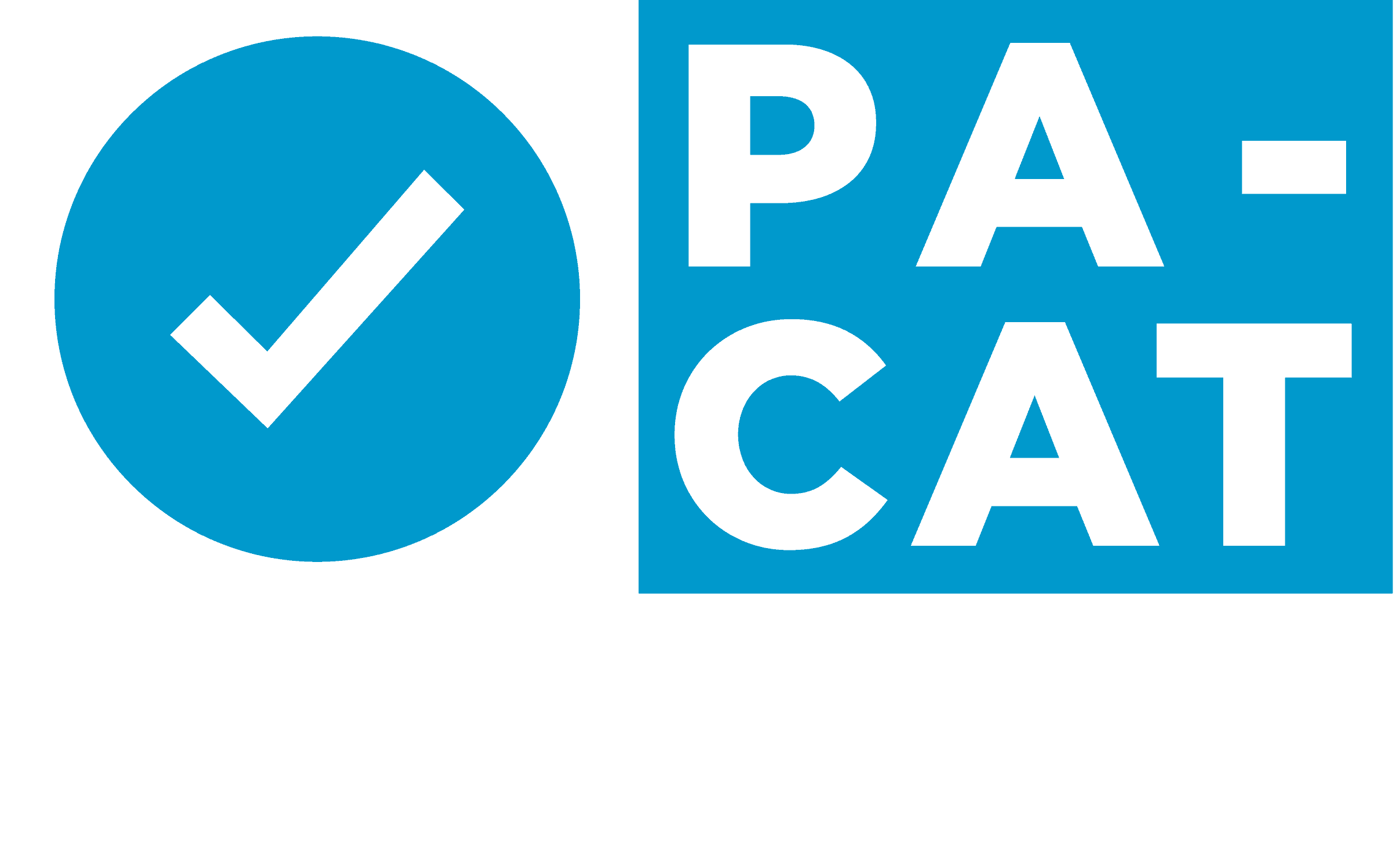Why Develop a PA Admissions Exam
PA educators have expressed significant interest in having an admissions exam specific to the PA community to make better-informed admissions decisions. Most PA programs rely on criteria such as prior GPA, science GPA, GRE scores, and interviews to help determine who should be admitted into their program. Often these admissions criteria alone are not sufficiently predictive of potential student success in a PA program. The Physician Assistant College Admissions Test (PA-CAT) was designed specifically as a tool to assist PA programs in determining which applicants are academically prepared for PA school.
The Importance of Academic Preparedness
Over the last five years, applications to PA school have risen dramatically as the number of accredited PA programs in the United States has increased. PA Programs face tremendous challenges in identifying the most qualified applicants during the admissions process. We have spoken with many PA educators who have expressed significant interest in having an admissions exam to assist them in identifying which applicants are most likely to succeed in their program. PA educators recognize that their curriculum is rigorous, and in an effort to reduce student attrition they would like to admit students who are academically prepared to handle the demanding course load. With each PA program receiving hundreds of applications per admissions cycle, having a tool to better discern student readiness is beneficial to the community.
What Subjects Should Be Covered on an Admissions Exam?
After extensive research and conversations with PA educators, Exam Master was able to identify a common core of subjects typically aligned with PA program curriculum. Educators believe that testing applicant knowledge in the most relevant subjects would be a valuable tool for making better admissions decisions. During the research phase, the pilot PA-CAT focused on assessing student knowledge in prerequisite subjects including Anatomy, Physiology, Biology, and Chemistry. As the development of the test continued, adjustments were made to the exam to improve item performance as well as to focus on assessing the most relevant concepts within each subject. The commercial version of the PA-CAT covers the following prerequisite subjects: Anatomy, Physiology, General Biology, Biochemistry, General and Organic Chemistry, Microbiology, Behavioral Sciences, Genetics, and Statistics. Questions on the test cover a variety of cognitive domains to provide a deeper assessment.
Research Recap
The first phase of the PA-CAT research project consisted of field-testing the 108- item beta version of the test at dozens of PA programs across the United States. While the commercial version of the PA-CAT will be taken by applicants hoping to be accepted into PA school, the beta version was administered primarily to new PA students just prior or shortly after matriculation. In some cases interview candidates were also assessed prior to acceptance. Results from initial testing were tracked and correlated with subsequent student performance.
From 2018 to 2019, 36 PA programs administered the PA-CAT to over 1700 new students PA programs who participated in the field-testing phase of the project have reported a correlation between performance on the PA-CAT and performance in their program. One program reported that of the students who have taken the PA-CAT, the students who had the highest scores on the test are performing best in the program.
As the PA-CAT now becomes available commercially there will be many opportunities to study the role and efficacy of use of the PA-CAT as a standardized admissions exam. As many PA programs incorporate use of the PA-CAT into their admissions process in 2020 and beyond rich opportunities for data collection and analysis will exist. During this initial launch period, a number of PA schools will be invited to participate in collaborative research to determine whether the PA-CAT is a useful indicator of academic preparedness for PA school. Based on research results during the development phase of the PA-CAT, we expect the positive correlation between the commercial version of the PA-CAT scores and student performance in PA school.
Looking Ahead
The commercial PA-CAT is a 240-item assessment that covers the 9 pre-requisite mentioned above. Registration for the PA-CAT will open in January 2020. Applicants will be able to take the PA-CAT at Prometric test centers throughout North America starting in May 2020. Upon registering for the PA-CAT, each student will receive a study guide and a practice test to prepare for test day.
The true value of the PA-CAT will be based on how well it provides an objective assessment of applicant readiness to enter PA school. Thanks to broad community support and participation, PA-CAT development benefitted from extensive field testing. Over time, we expect its value will be demonstrated among a wide variety of programs and applicants.

0 Comments